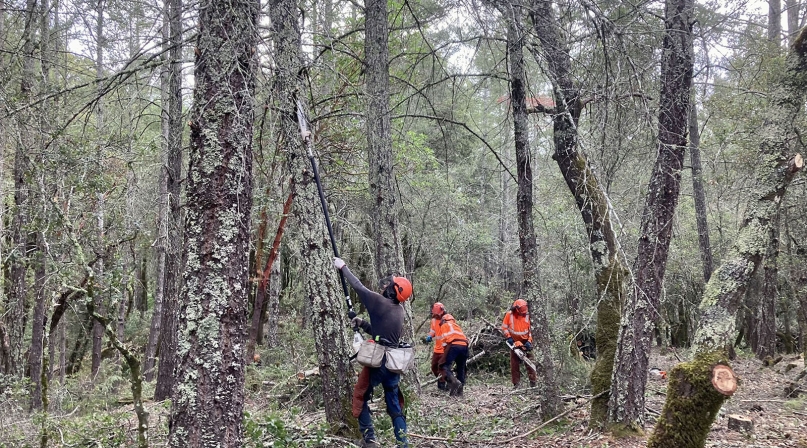Federal judge temporarily halts BRIC grant program termination
Author

Brett Mattson

Naomi Freel
Upcoming Events
Related News

Key Takeaways
August 6, 2025 Update: A federal court has temporarily blocked the Trump administration from reallocating funds from FEMA’s Building Resilient Infrastructure and Communities (BRIC) program after 20 states sued to halt the move, arguing it would endanger communities by undermining disaster preparedness efforts. The judge ruled that the administration lacked authority to repurpose the Congressionally allocated funds. While the ruling does not release the funds to the states, it prevents their use for non-BRIC purposes while the case proceeds.
On April 4, the Federal Emergency Management Agency (FEMA) announced it will not allocate $750 million this year for the Building Resilient Infrastructure and Communities (BRIC) grant program. According to the press release, FEMA will also stop funding BRIC projects that were previously approved and are still underway. The cancellation is part of a broader evaluation of FEMA grant programs and priorities, which includes a shift in focus toward state and local responsibility for disaster preparedness under an Executive Order signed by President Trump last month.
What was the BRIC program
Launched in 2020, the BRIC program provided federal funding for hazard mitigation projects aimed at reducing the long-term risks and costs of natural disasters. Counties, along with states, municipalities and tribal governments, were eligible to apply through a national competitive process.
BRIC supported projects such as flood control systems, wildfire prevention, stormwater management upgrades and strengthened building codes. The program typically covered up to 75% of project costs and awarded more than $5 billion in grants since its inception.
Impact on counties
The cancellation of BRIC funding may have several implications for counties:
- Paused or canceled projects: Counties with BRIC-funded projects in early stages may need to halt work or seek new funding sources.
- Budget and planning adjustments: County governments that anticipated BRIC support may need to delay or scale back infrastructure investments.
- Reduced capacity for long-term risk reduction: Without access to BRIC’s federal match, counties may find it more difficult to pursue large-scale mitigation projects.
The BRIC program was designed to support proactive planning and infrastructure upgrades before disasters strike. For counties in disaster-prone areas, the loss of these funds may result in greater reliance on post-disaster recovery dollars rather than preventive measures.
While FEMA continues to evaluate its overall grant portfolio and priorities, NACo and the Intergovernmental Disaster Reform Task Force remain committed to modernizing federal disaster policies; strengthening intergovernmental partnerships; and enhancing local disaster mitigation, response and recovery capacities.
Related News

After historic winter storms, counties assess response
Counties in states that rarely receive much winter weather are assessing their responses to the January storm that left many covered in snow and ice.

California counties fight agricultural crime
Sheriffs' offices and prosecutors in California's central valley make specific efforts to prevent and prosecute crimes against the agricultural community.

DHS funding set to lapse, putting key county partners at risk of a partial shutdown
The U.S. Department of Homeland Security (DHS) is headed toward a funding lapse at 12:01 a.m. ET on Feb. 14 after the Senate failed this week to advance legislation to fund DHS for the remainder of Fiscal year (FY) 2026.
Featured Initiative
Intergovernmental Disaster Reform Task Force
As disasters intensify across the country, county governments play a crucial role on the frontlines of emergency management and recovery. With a commitment to advancing federal policies that foster collaboration between counties, federal agencies and other intergovernmental partners, the Task Force builds on years of county-led efforts to enhance disaster policies and practices, driving improved outcomes nationwide.
